Have you ever found yourself in a mental place that really isn’t helping you? You are stuck in a rut, you have a moral conundrum or your creative spring has suddenly plugged up and you can’t seem to get past this particular hurdle. You have already gotten out and taken a walk. You have hit that wall and it will not budge. What do you do?
Well, you have to find why you are facing the problem you are being presented with. You can start by asking questions and note the different answers you get. Many questions will produce results but the big answers are often a little harder to pry out of your mind. These answers don’t like to come out. They want to stay packed away. They are often the answers that you need to know so you can get to the next stage of your personal growth. Yet you can’t find the answer because you are being hit with a personal defense mechanism called a Blocking statement.
Your leadership skills can be flexed by asking the right questions. This should help you realize when you are stuck and you are just hitting a blocking statement barrier.
What are blocking statements?
Blocking statements are nothing more than particular phrases we come up with that keeps us from finding the answer we are looking for. Often blocking statements can also be called excuses, because you are telling yourself not to dig any further. Everybody understands that if you don’t know then there can’t be an answer.

You learn at a young age about a huge blocking statement. Most people use this blocking statement daily and don’t even realize that they are getting in their own way. The statement is, “I Don’t Know”.
How many times have you asked a question from a child who believes they are going to get into trouble and all you are able to get from them is, I don’t know. Bill Cosby before it comes to light how horrible of a person he was, had a routine for his comedy act where he talks about kids being Brain Damaged. It was quite funny yet it expresses the power of a blocking statement.
Blocking statements are ways for your brain to put a stop to the thinking using the “I don’t know”, the statement is your brain saying that you don’t have to address that is uncomfortable or don’t worry about that task at hand now you don’t have to worry about it. Remember your brain is out to help you in a slightly misguided way. To your brain, safety is a comfort. Yet comfort today leads to mediocrity.
Common Blocking statements
I don’t know
This is the most common statement a person will say when they don’t want to face the reality of why. I don’t know why I keep dating the same type of woman. I don’t know why I am always late for work. Anytime your answer to “why are you?” and it comes up with I don’t know, realize that the answer is there it just may lead to a bit of discomfort when digging it up. A question to ask yourself when you encounter, “I don’t know”, is to ask “What if I did know?”
I’m confused
This is also a common response to why questions. It is often used around events. I was just confused when I was in that relationship. Telling yourself or someone else that you were confused in that situation is your way of saying I don’t want to face the real reason why. You can’t blame yourself for not answering, because you are confused. You can’t possibly know why. Again you can counter that statement with the question, “Yeah but if I wasn’t confused why?”

Why avoid blocking statements
They are excuses at their core excuses are lies we tell ourselves. Excuses are made up so we don’t have to do something. Be it telling the truth to ourselves or a loved one, or doing the work you may not really want to do. I had a coach that used to say “Excuses are like assholes everybody has one”. Though this is slightly crude, it is true. We all lie to ourselves at one time or another. We make excuses why we couldn’t do this or that. If it is a reason why you can’t or didn’t do something, it is an excuse. There is always a solution to the problem. The solution may not be as romantic as you would like it to be. There are times you just have to grind out the results.
Blocking statements in personal development keeps you from becoming the best you can be. As Shakespeare said, “…To thine own self be true…” If you are not truthful with yourself, then why would you respect and be truthful to others?
How do you correct them?
The best way to correct a blocking statement is to throw it back in the form of a question. Instead of “why?” ask “what if?” It isn’t easy to get that hidden information but when you do get the real answer, you will know. Just remember that you want to be curious with your whys. Honestly, ask your questions as you explore the reasons behind your actions. Being harsh and judgmental to yourself doesn’t fix the problem.
Have you noticed when you set out a blocking statement? Were you able to recognise that it and get through the problem? If you would like to share please do in the comments below.

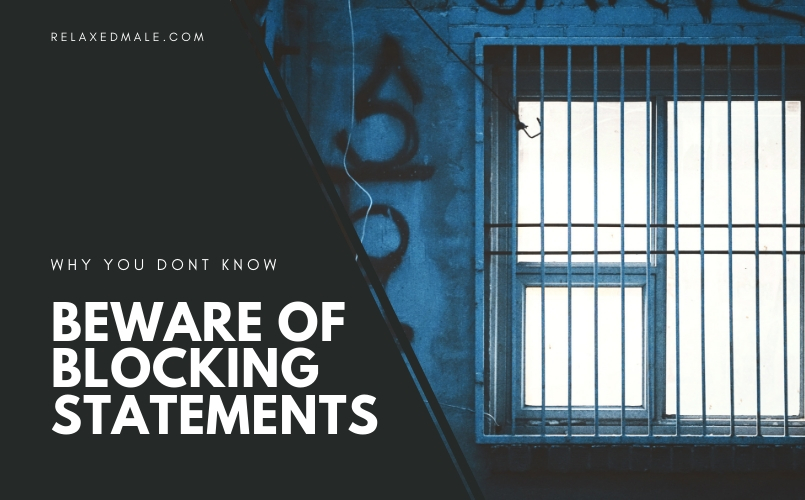

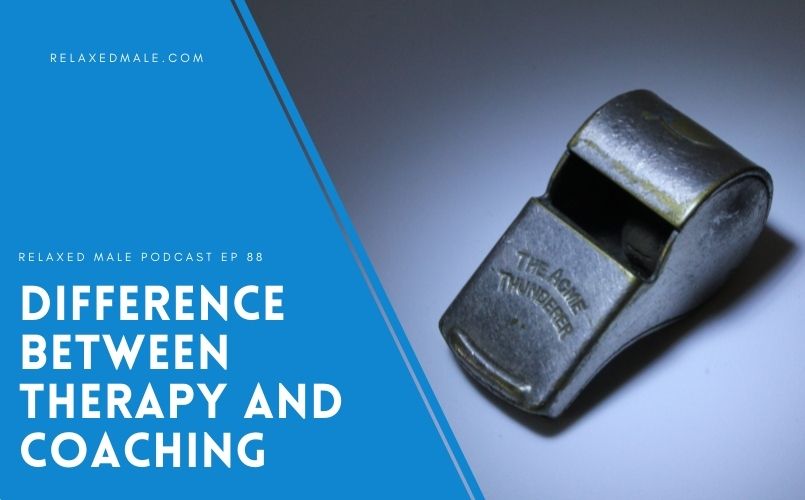
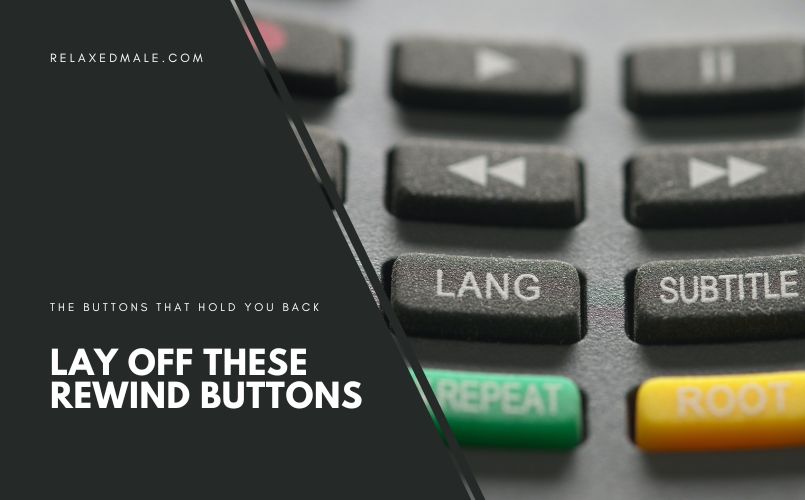
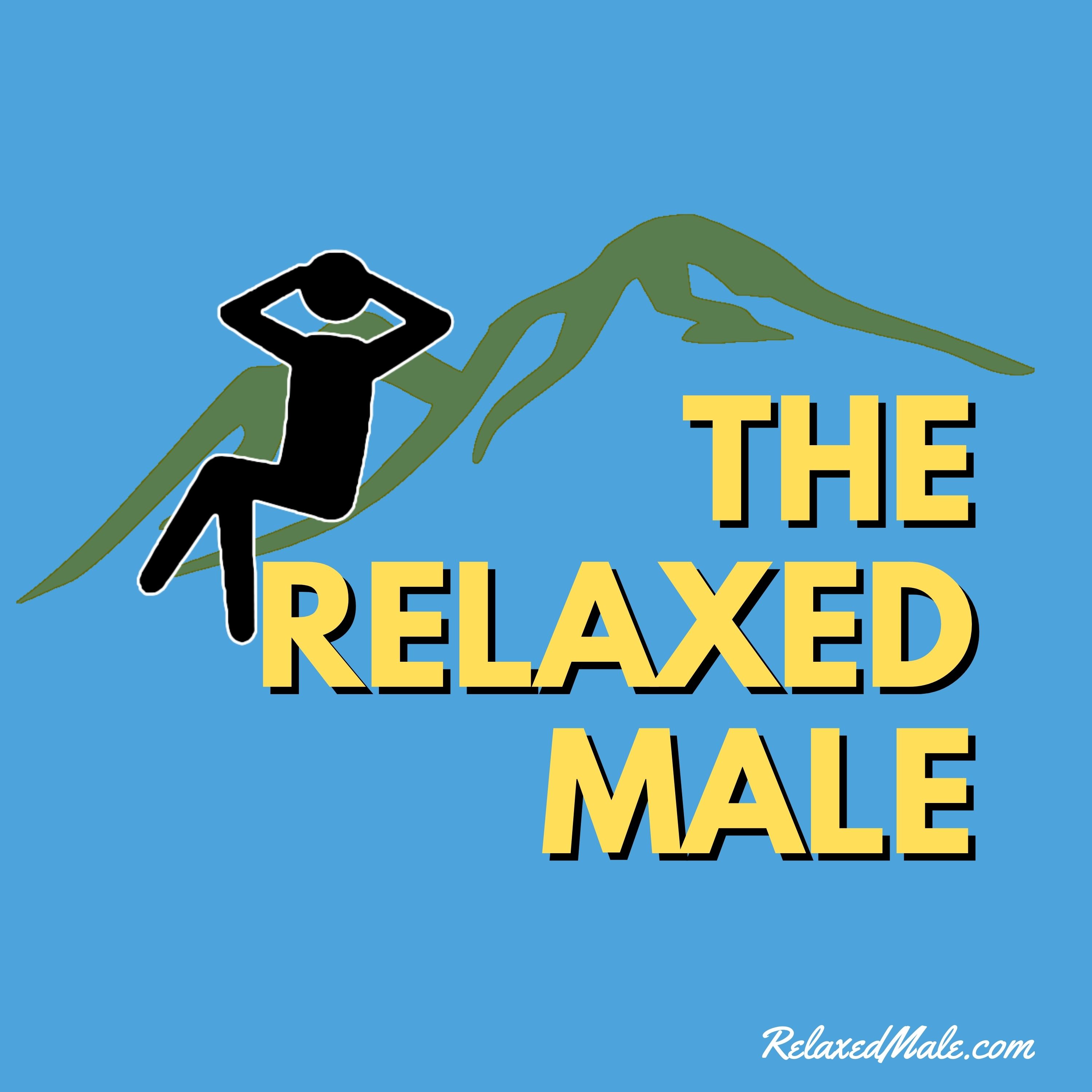
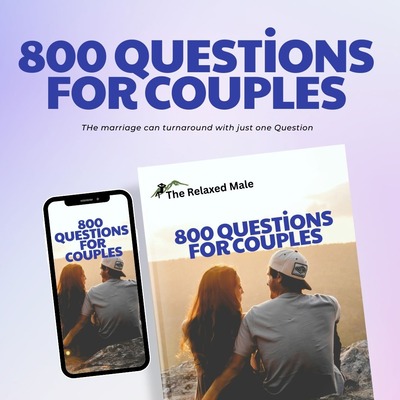
Cool idea — we don’t realize how a seemingly innocuous statement may shut down our creativity or mental reserves to solve a problem. Wonder if it’s okay to say, “I don’t know…yet?” Or make sure we have a follow up like “I don’t know but how can I find out?” Thanks, Paige Bainbridge (paigebainbridge.com)
How can I find out is a great question you can ask yourself your subliminal mind will go to work on finding the answer to that.
That’s where the, in the shower Eureka moments come in to play. Just ask the right quality questions when doing that.